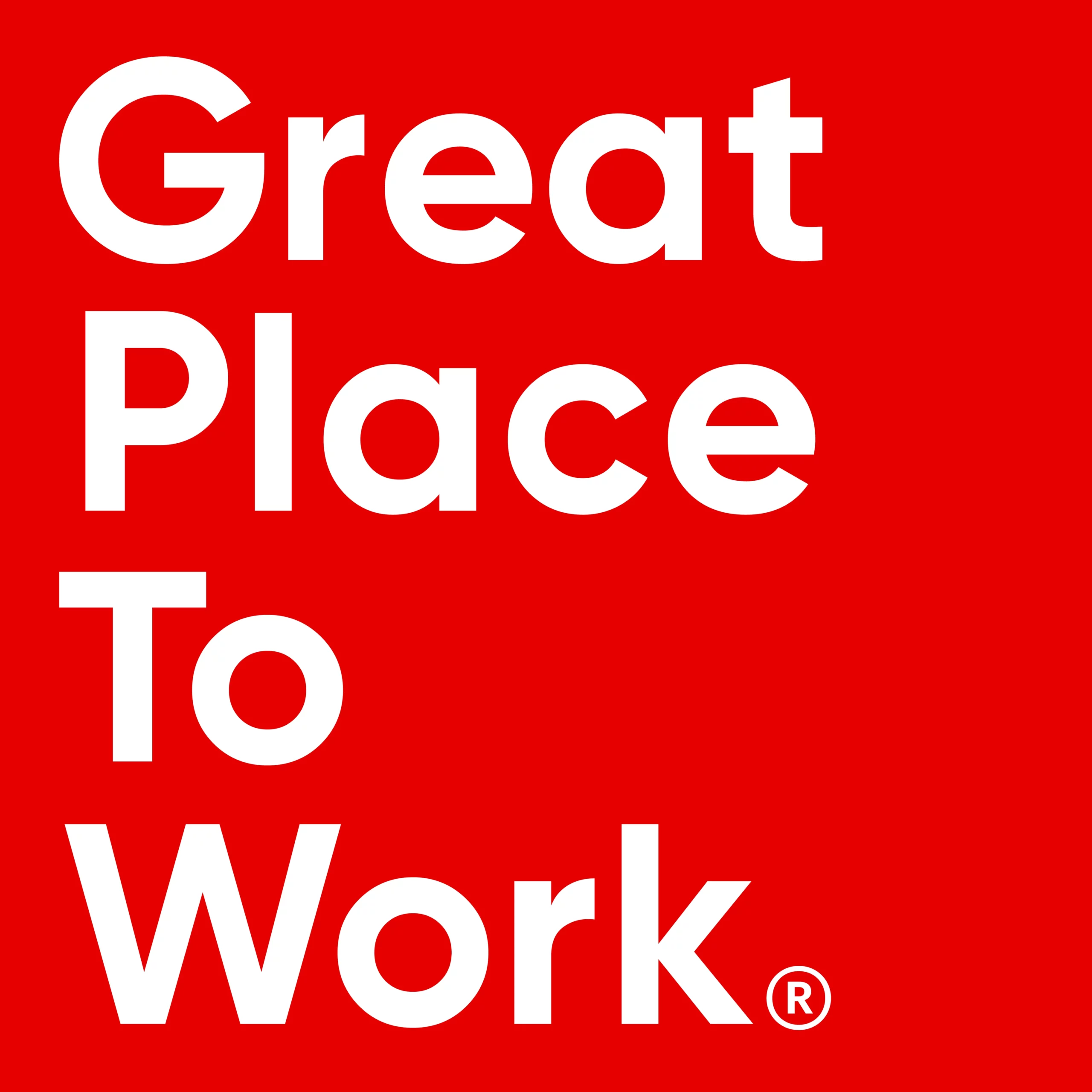COVID-19 is believed by many to be the biggest health, social and economic emergency we have faced since the second world war and whilst our first priority is and always should be the health and safety of our populations, from a business perspective this pandemic has presented a multitude of challenges to organisations of all sizes, in all sectors.
Within those organisations the HR department plays a pivotal role in maintaining sufficient and engaged staffing levels whilst acting as a liaison between the executives and the workforce. During this pandemic, their roles have been thrust to the front line in companies’ response to COVID-19, as the crisis is forcing almost every business to immediately develop, adapt and improve work policies and procedures.
Taking the past number of weeks into account, we wanted to understand how HR professionals working in financial services institutions in Ireland, were managing through the crisis. From those who we approached, we received responses from 25 business across various sectors to the following questions:
WHAT HAS BEEN THE BIGGEST CHALLENGE FOR YOUR COMPANY DURING COVID-19 TO DATE?
Safety – Ensuring the safety and well-being of the staff is the number one challenge but also the number one priority of all the HR functions we spoke to – making sure that decisions are made with the welfare of the employees in mind at any given time.
Executing Working From Home Policy – 76% further added that in addition to safety, executing the work from home (WFH) policy from a technical perspective has been a massive undertaking. Meeting the influx in demand and organising, in some instances large orders of laptops and mobile phones for employees who don’t or haven’t worked from home has presented many challenges. This has resulted in an initial impact on the ability of some companies to operate business as usual.
Anticipating Government – 16% of businesses highlighted that being able to predict what measures the government are going to take and react accordingly is keeping them challenged through this ever changing situation.
Engaging With Employees – Consensus amongst a couple of the newer institutions found the lack of office small talk was creating a challenge to engage people across teams.
HOW ARE YOU MAINTAINING A CULTURE WHILST WORKING REMOTELY?
New Technology – All of those we asked referenced that they are using new technologies to ensure that continuous and open communication is being driven across their organisation. The likes of Microsoft Teams and Zoom are popular choices in this respect and almost a blessing to many.
Group Chats – This was a common approach with 52% highlighting that teams within organisations have been encouraged by some HR departments to start WhatsApp groups where they can share tips on how to organise their day, maintain work life balance and keeping fit and healthy.
Team Challenges/Incentives – Having bake offs or dedicating every Wednesday night to free pizza are some of the ways HR are driving their individual cultures and keeping colleagues engaged on a social level.
Driving the Interaction – It was noted from a few comments that HR professionals appear to have taken on the responsibility themselves where possible to drive the communication and create cross collaboration remotely by passing information and creating discussion points for staff.
HOW DO YOU THINK THIS WILL AFFECT YOUR INTERNAL POLICIES MOVING FORWARD?
Willingness to Change – There appears to be a willingness to adopt a more open approach moving forward and having a hard honest look at what flexibility means with 92% stating they will look at amending remote working to include a larger portion of their workforce.
Training Managers to Manage Remotely – Teaching managers how to engage their team remotely, learning to share the agenda and create follow up processes that keep people accountable. It was noted that for those who mentioned this, that it was key for employees to be engaged from the outset.
Changes in Job Descriptions – 32% of the responses mentioned that writing job descriptions for new vacancies will have to be reviewed from this point onwards, to reflect the potential need for other skills such as ability to present digitally, placing more emphasis on self-starting and self-discipline so that they can be sure new employees will meet the challenges of working from home.
WOULD YOU HIRE NEW EMPLOYEES THROUGH VIDEO CONFERENCING AND NOT FACE-TO-FACE?
Halting recruitment is viewed as a considered measure in addressing the pandemic however the majority of businesses we approached said they will continue to hire for business critical roles. Furthermore, 75% of those who we spoke to said they would hire a person through video conferencing and without a face to face interaction. It is acknowledged that whilst this does not replace the human interaction, times call for a different approach and mentality. The use of psychometric testing where not previously used has also aided in making decisions.
CAN YOU DESCRIBE THE ON-BOARDING PROCESS FOR NEW HIRES DURING COVID-19?
General consensus derived from those who responded tended to follow closely to this on-boarding process.
Improving and adding checklists to ascertain if the person starting is fit to come to work and if there are any underlying health conditions.
Shipping/couriering essential equipment to the new starter.
Having management create on-boarding plans for the first week, month and quarter.
Using technology applications to introduce new starter to their colleagues.
We also found out that several HR functions are pushing to create new on-boarding platforms or programmes that are self-driven and enable a person to on-board more effectively from home.
HR it seems are meeting the challenges head on, utilising technology to the fullest and embracing the changes that COVID-19 is presenting to our relationship with the workplace. There was a number of HR professionals who believe that employees will still seek the daily interaction of the office place when we start to move back to normality, however it is evident that they are learning and succeeding in nurturing cultures in dispersed workplaces and meeting the talent acquisition and retention needs of an organisation outside of the office.
To understand how we can assist you in managing challenges relating to the market, contact us at connect@coopman.ie.








